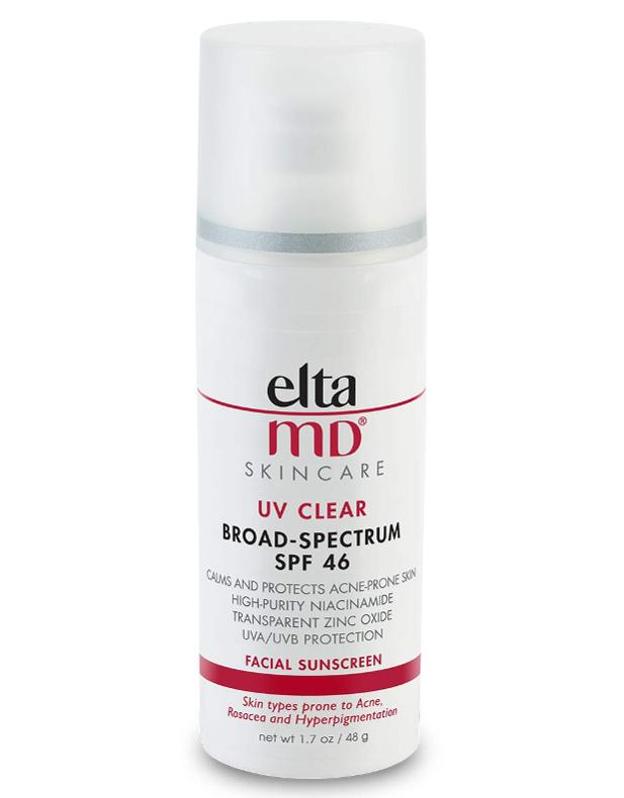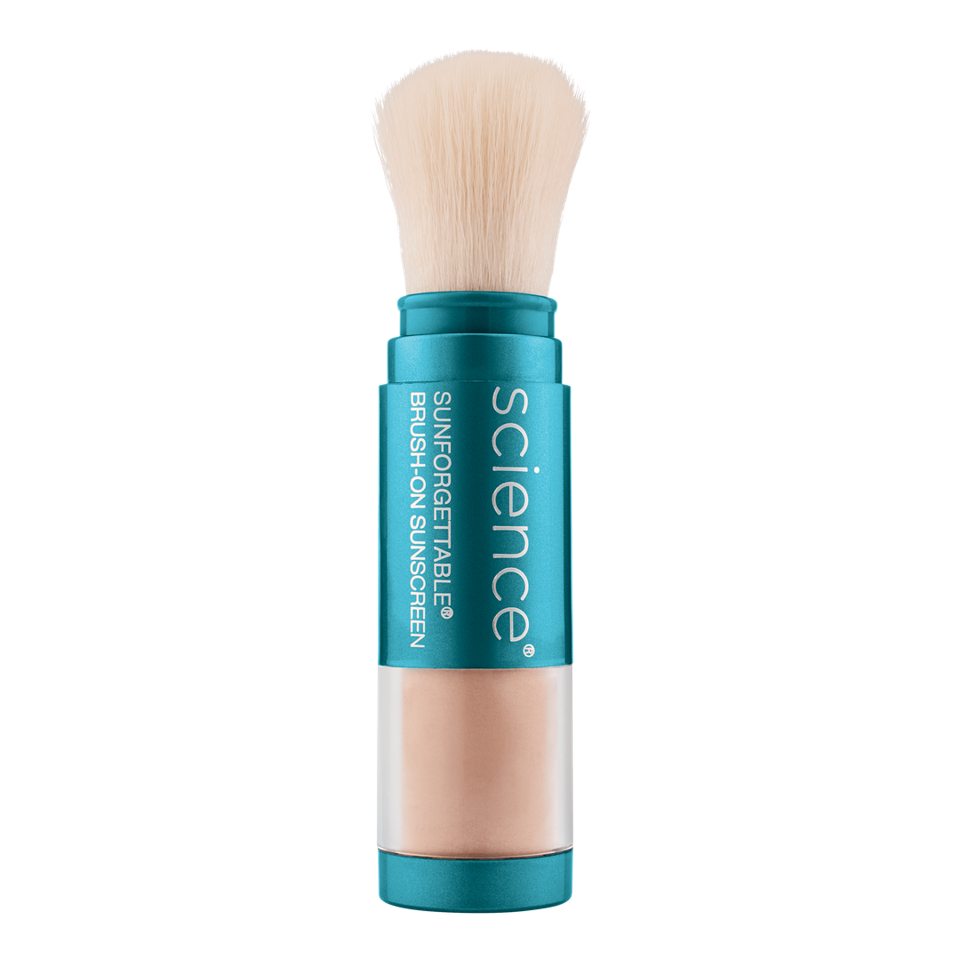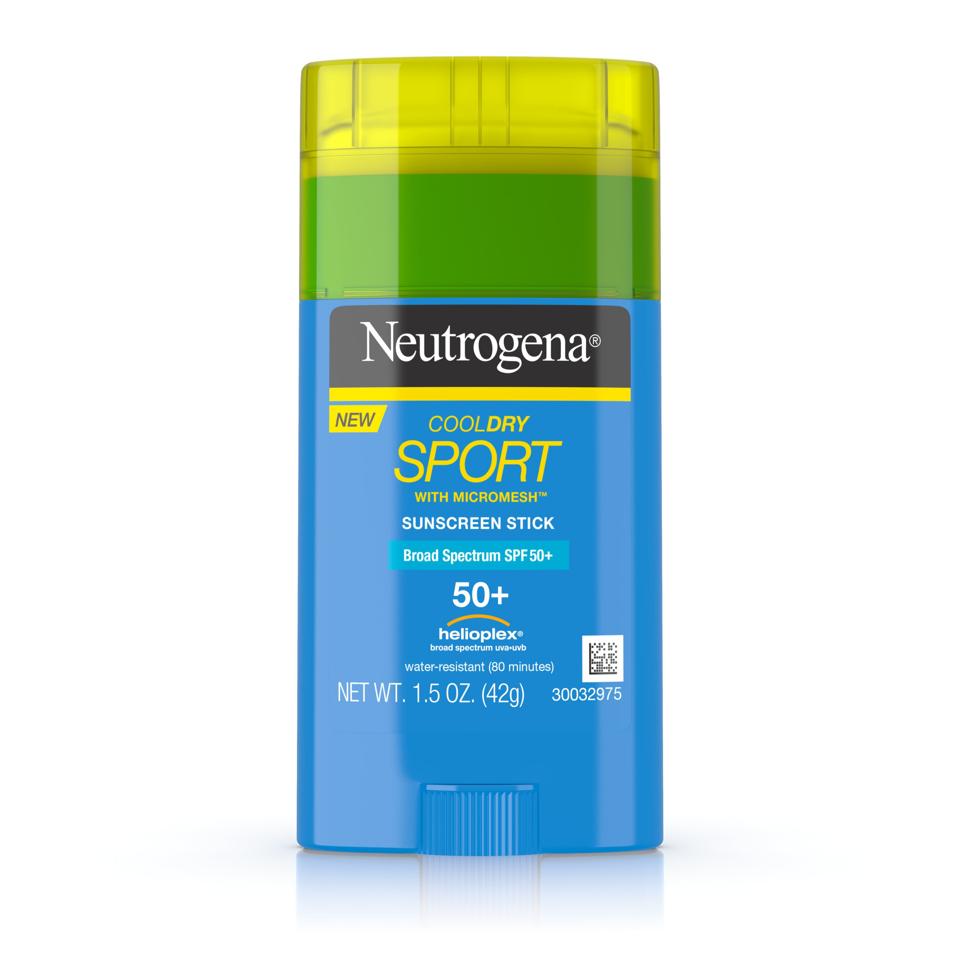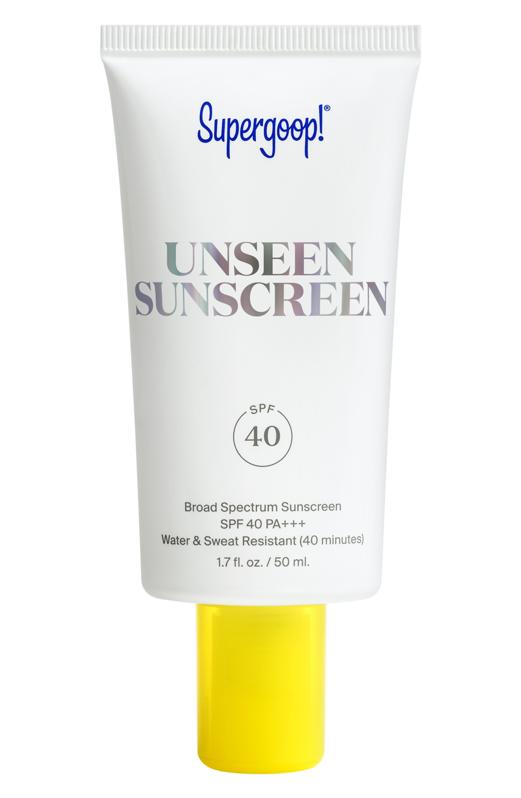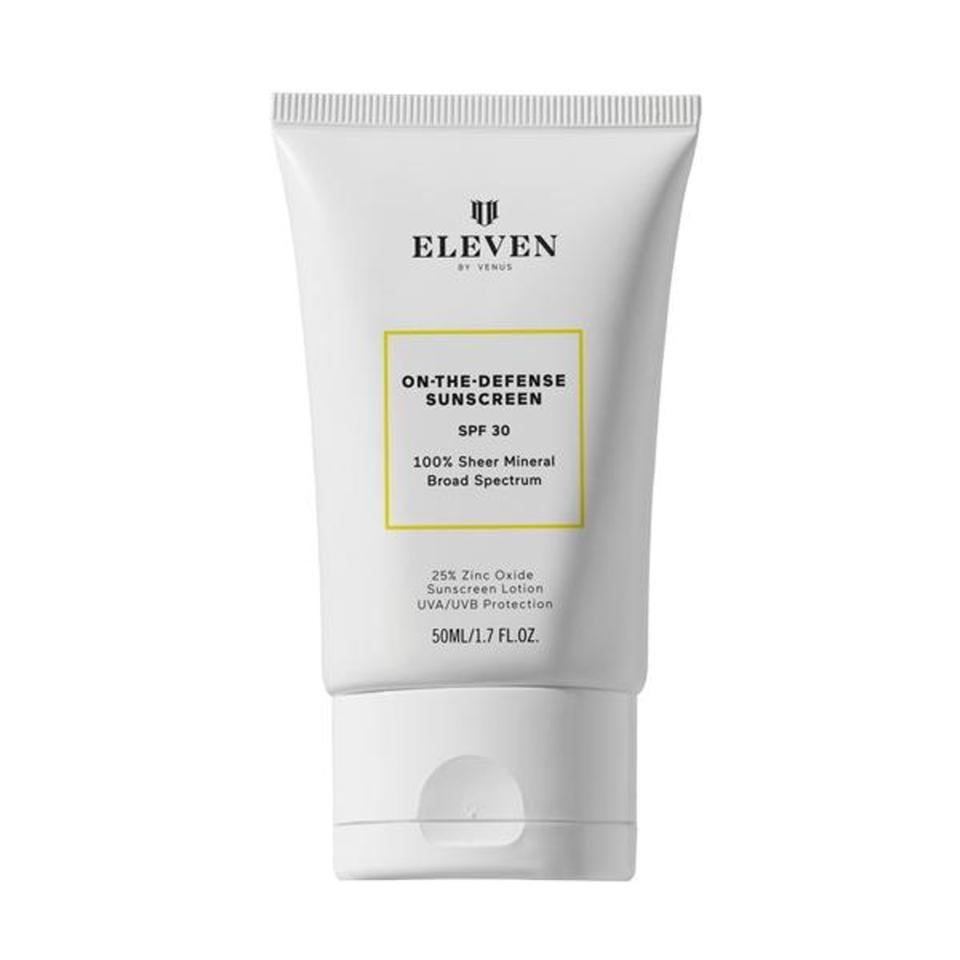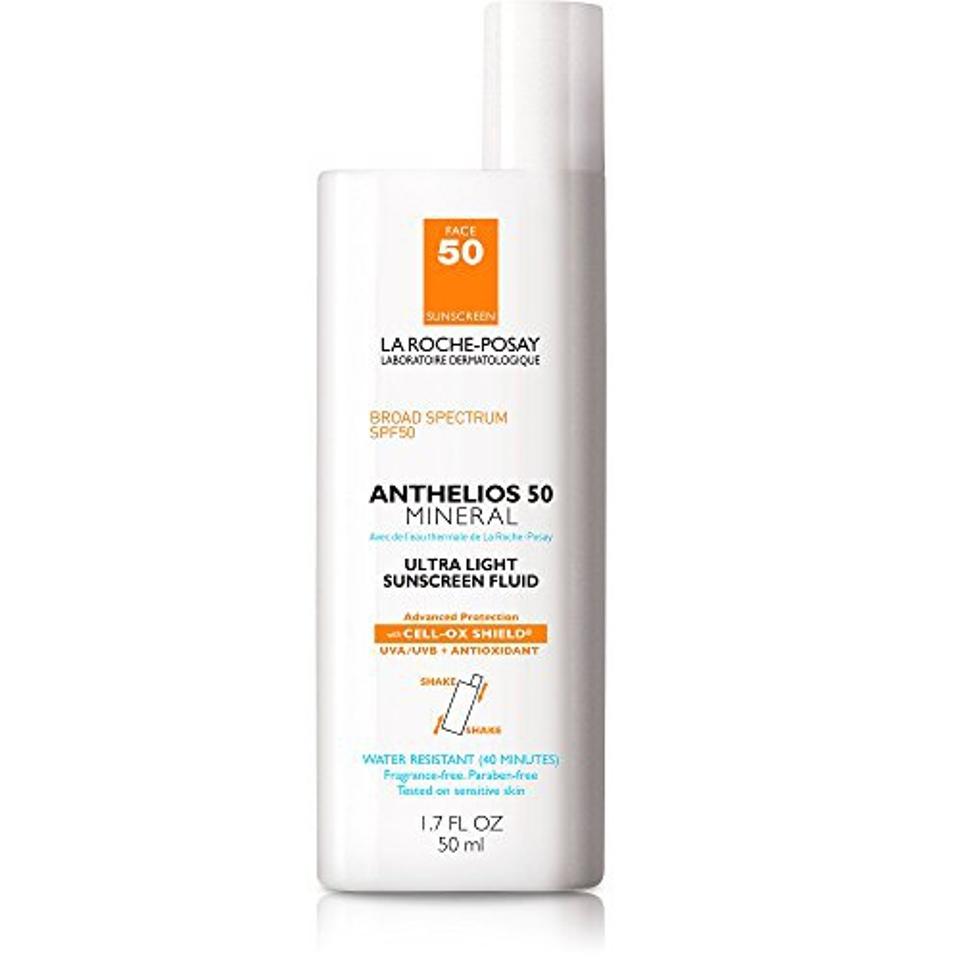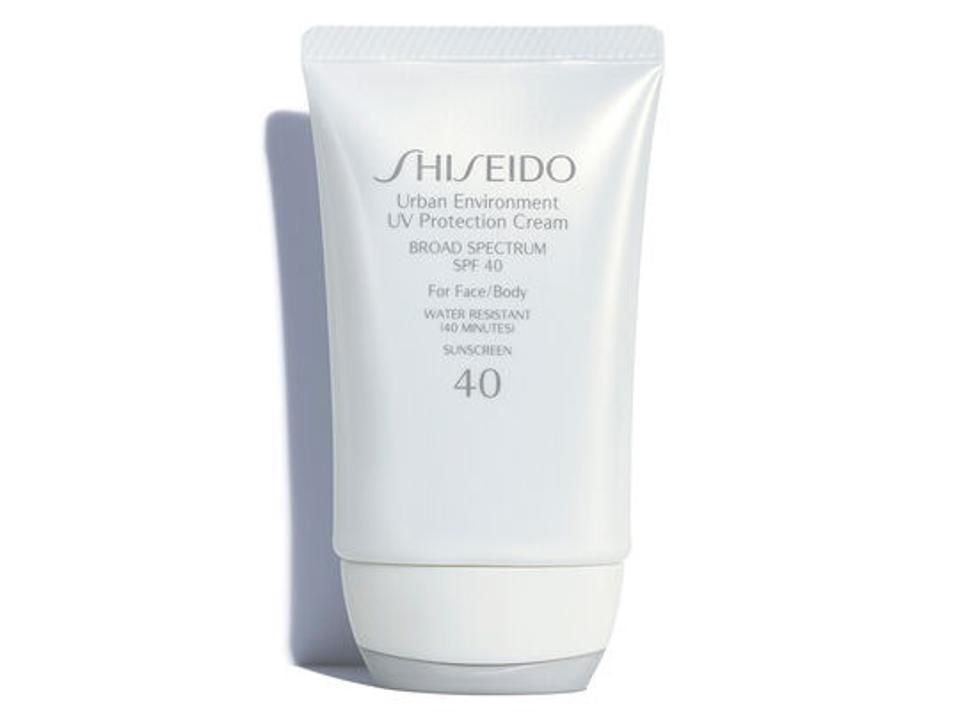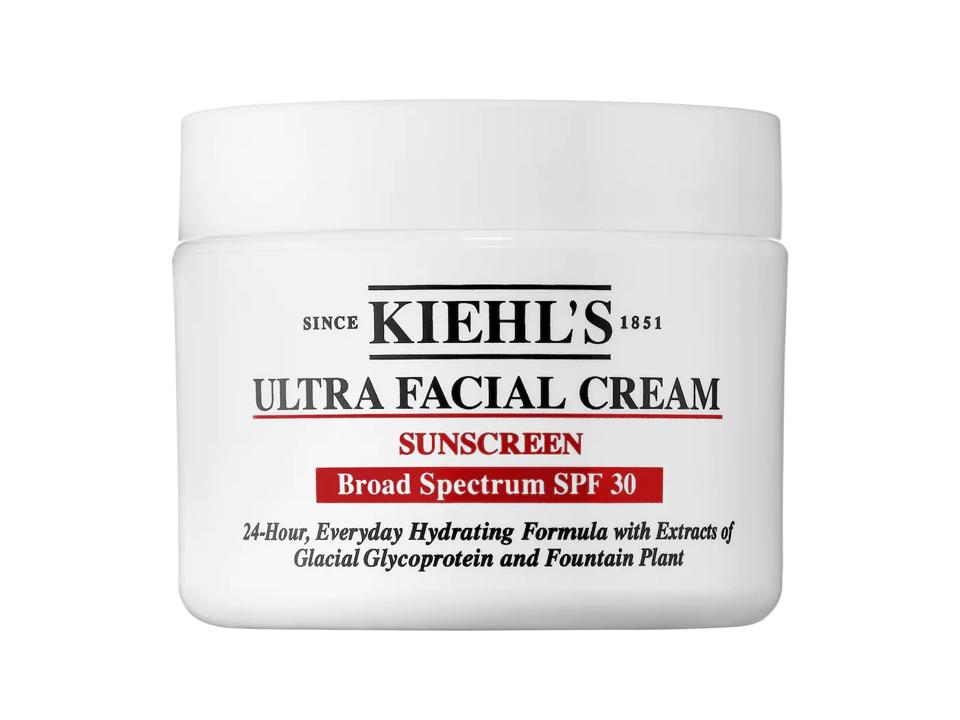There’s no denying the importance of wearing a broad-spectrum sunscreen, as it covers a range of needs, like sun protection and wrinkle prevention. Whether you’re using chemical sunscreen or a mineral one, there are some things to keep in mind. “Chemical sunscreens like oxybenzone, octinoxate, octisalate and avobenzone must be absorbed into the skin before they can protect us from the sun’s radiation,” says board-certified dermatologist Dr. Heather Rogers. “These ingredients protect the skin by absorbing the sun’s rays, and then converting them into heat that is released from the skin.”
Mineral sunscreens (also known as physical sunscreens) shield the skin using natural sun-blocking ingredients like zinc oxide and titanium dioxide. “They sit on top of your skin and block the sun like reflectors,” says Rogers. Differences aside, both are effective forms of sun protection that should be used regularly. Rogers recommends using broad spectrum SPF coverage of 30 or greater, to defend powerfully enough against both types of ultraviolet rays.
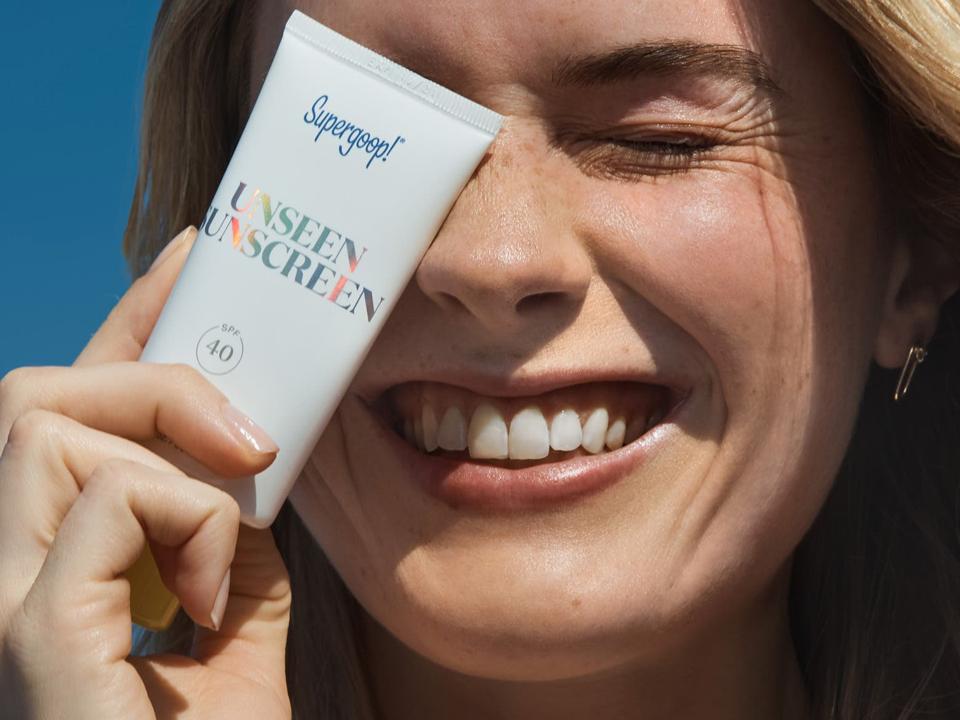
Sunscreen has a reputation of feeling heavy on the skin, but there are plenty of options that feel so good that you might not even realize you’re wearing it. Ahead, find some of the best face sunscreens, including picks that are highly recommended by Rogers and other dermatologists.
- Best Face Sunscreen Overall: EltaMD UV Clear Facial Sunscreen SPF 46
- Best Face Sunscreen For Dark Skin: Colorescience Sunforgettable Total Protection Brush-On Shield SPF 50
- Best Drugstore Sunscreen For Face: Neutrogena CoolDry Sport Sunscreen Stick SPF 50
- Best Face Sunscreen For All Skin Tones: Supergoop! Unseen Sunscreen Broad Spectrum SPF 40
- Best Face Sunscreen For Sensitive Skin: CeraVe Hydrating Sunscreen Face Lotion SPF 50
- Best Face Sunscreen For Athletes: EleVen By Venus Williams On-The-Defense Sunscreen SPF 30
- Best Tinted Face Sunscreen: Glo Skin Beauty C-Shield Anti-Pollution Moisture Tint SPF 30
- Best Face Sunscreen For Oily Skin: La Roche-Posay Anthelios Mineral Oil-Free SPF 50 Face Sunscreen
- Best Face Sunscreen For Acne Prone Skin: Murad City Skin Age Defense Broad Spectrum SPF 50
- Best Face Sunscreen To Wear Under Makeup: Urban Environment UV Protection Cream SPF 40 Sunscreen
- Best Face Sunscreen For Dry Skin: Kiehl’s Since 1851 Ultra Facial Cream Sunscreen SPF 30
Best Face Sunscreen Overall
A Formula That Won’t Weigh You Down
Best Face Sunscreen For Dark Skin
A Brush-On Powder That’s Perfect For Applying On The Go
Best Drugstore Sunscreen For Face
A Water-Resistant SPF Stick
Best Face Sunscreen For All Skin Tones
A Transparent Formula With A Primer-Like Finish
Best Face Sunscreen For Sensitive Skin
A Non-Irritating Option With SPF 50
Best Face Sunscreen For Athletes
A Mineral Sunscreen That Doesn’t Feel Heavy
Best Tinted Face Sunscreen
SPF-Infused Makeup That Evens Out The Complexion
Best Face Sunscreen For Oily Skin
A Lightweight Mineral Option That Doesn’t Leave A White Cast
Best Face Sunscreen For Acne Prone Skin
A Double-Duty Sunscreen With Blue Light Protection
Best Face Sunscreen To Wear Under Makeup
An SPF That Makes The Perfect Base For Makeup
Best Face Sunscreen For Dry Skin
A Sunscreen That Provides Around-The-Clock Hydration
What Is SPF?
SPF stands for Sun Protection Factor. “It’s an indication of how long the product protects you from sunburn. So if someone burns in 10 minutes without protection, adding on SPF 30 will protect you 30 times longer, up to 300 mins. This is presuming that the right amount is applied and reapplication is happening,” says board-certified dermatologist Dr. Mona Gohara, who recommends applying a nickel-sized amount.
What SPF Do Dermatologists Recommend For The Face?
For daily wear, dermatologists recommend SPF 30, and at least SPF 50 or more if you’re going to be spending time outside in direct sunlight. “Studies show that higher SPF levels provide more protection than lower levels, so it’s better to be safe than sorry when it comes to sun protection,” says Engelman.
Should You Use Sunscreen On Your Face Daily?
You should apply sunscreen daily, even if you don’t plan on spending long amounts of time outside. “We are constantly being exposed to UV rays from the sun and other external aggressors, even when we are indoors or under cloud cover,” says Engelman. As a result, small amounts of sun exposure can accumulate over time, so it’s important to protect yourself.
